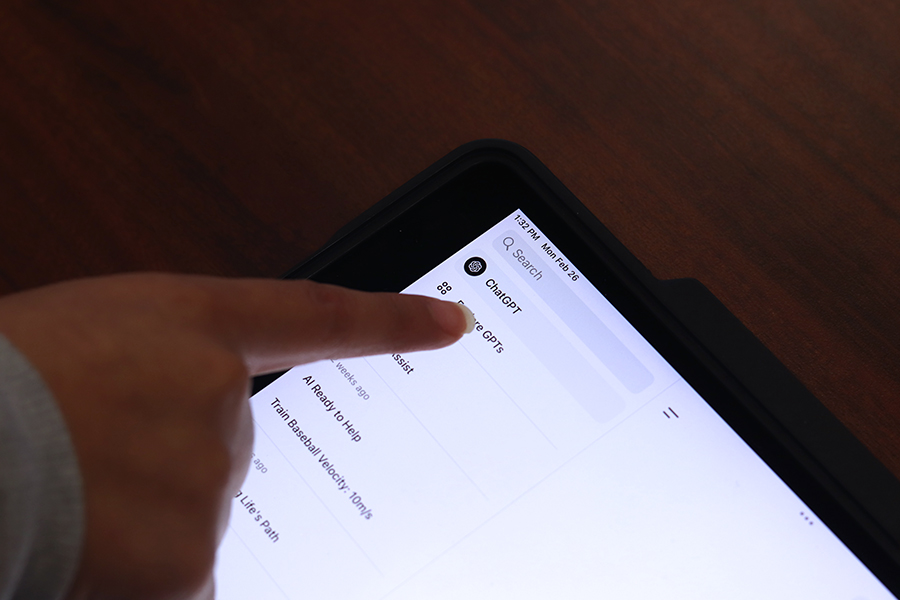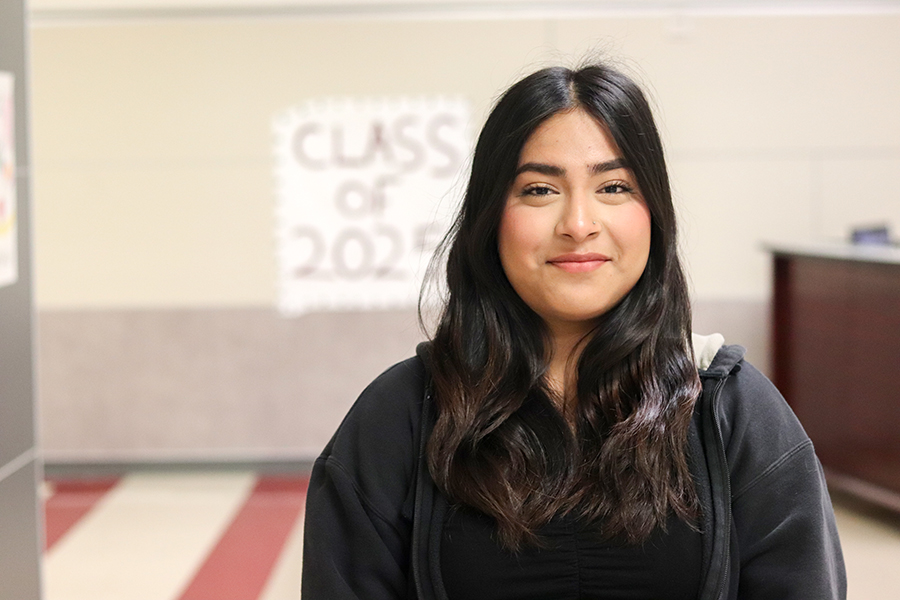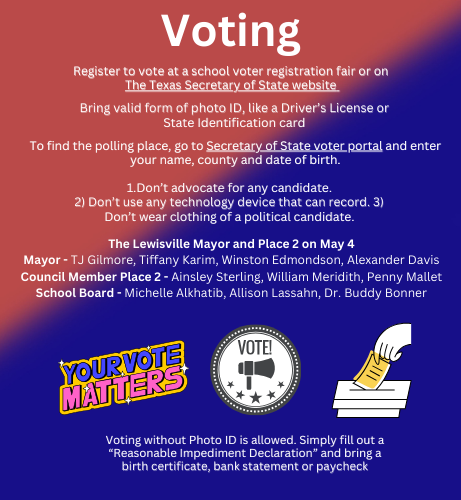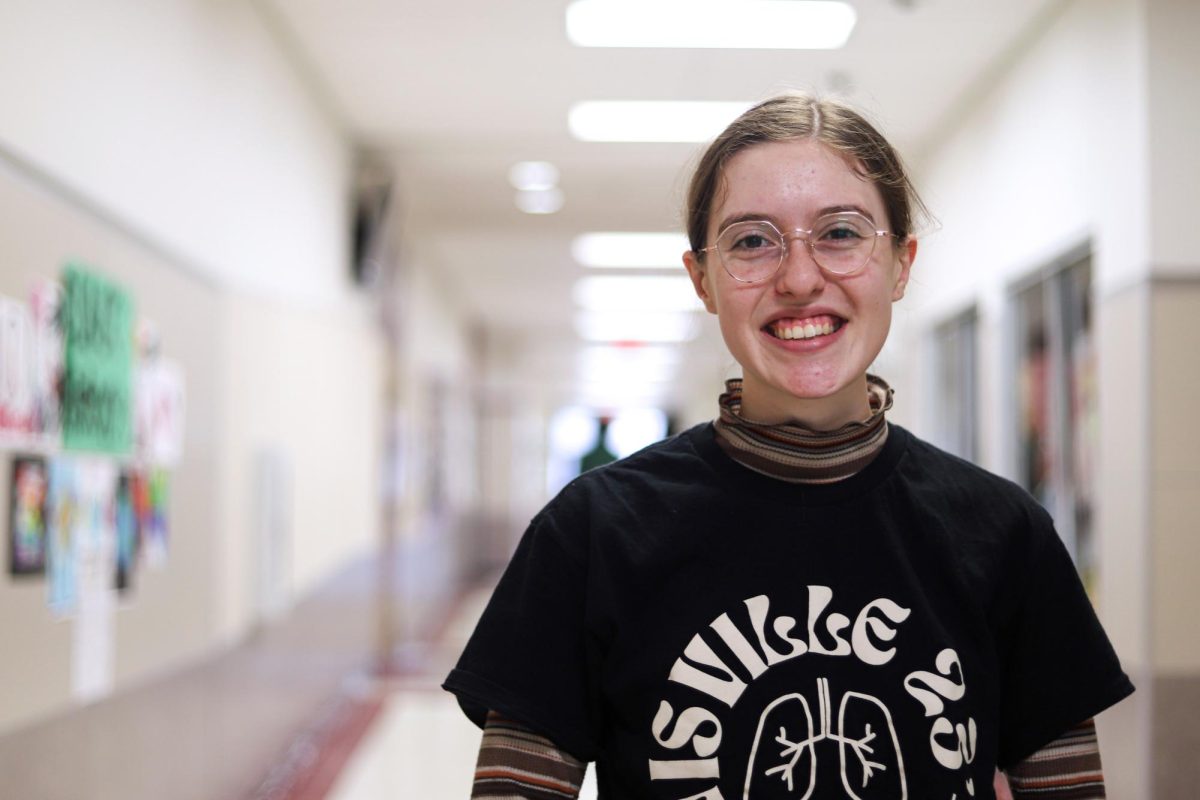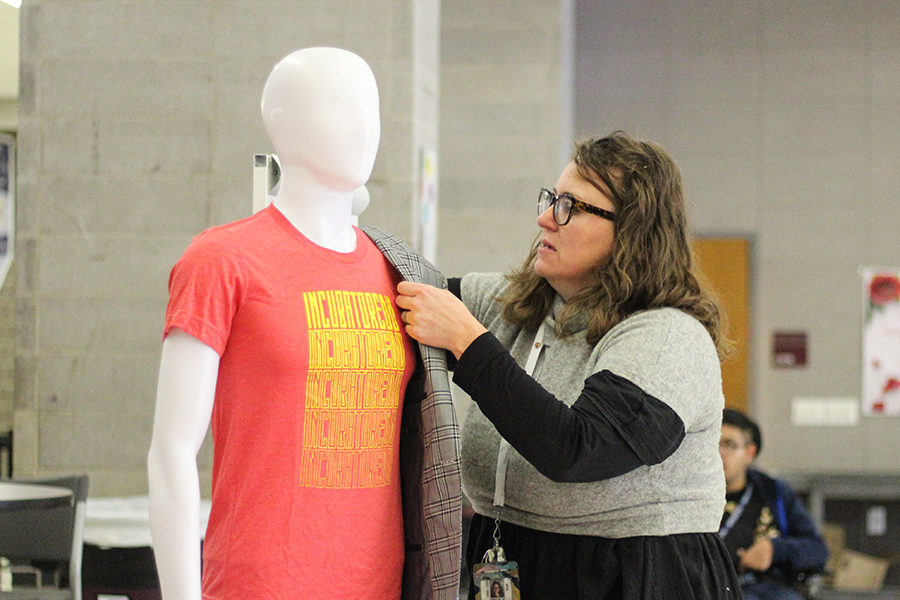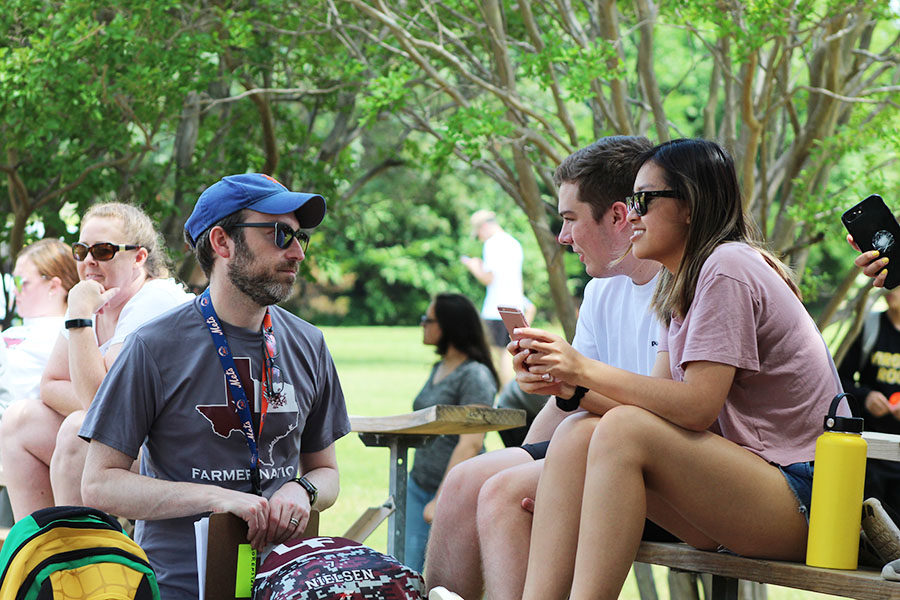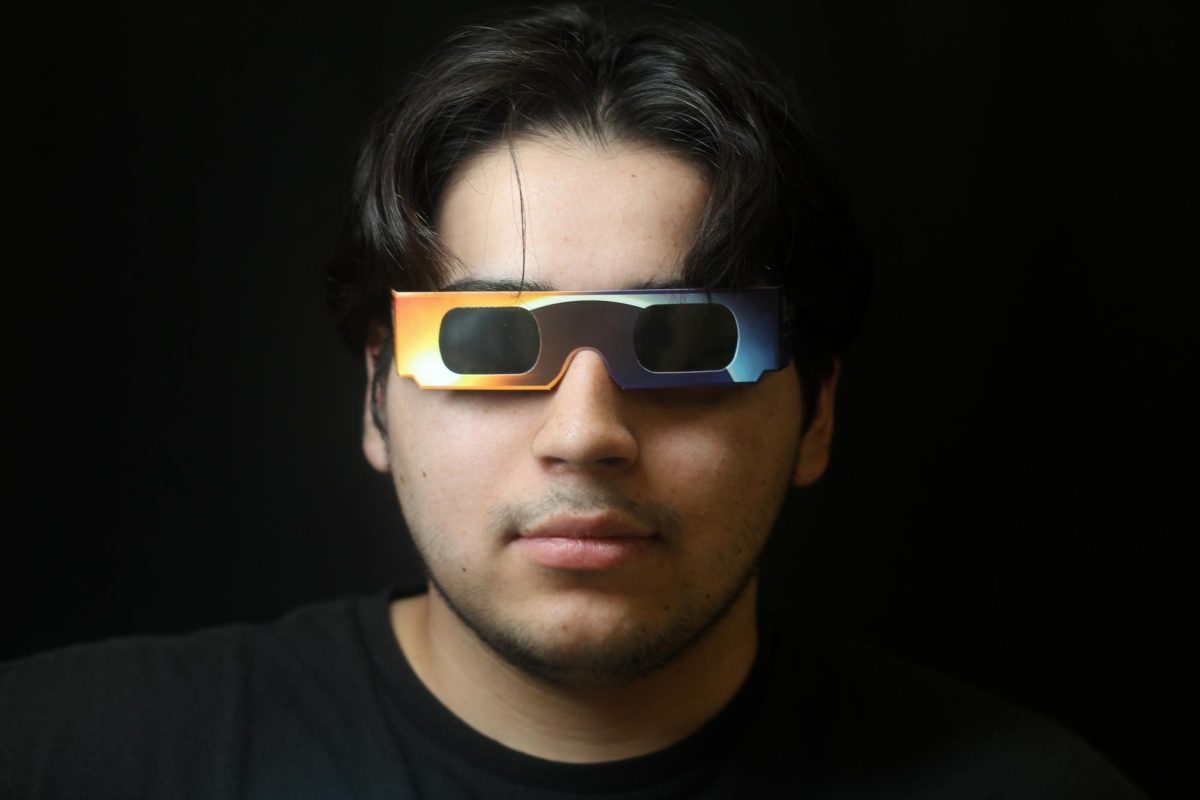The changes are subtle, but they are there.
A person walking through the hallways might notice the occasional glow of a phone screen that, for the first time, isn’t hidden behind a textbook or in someone’s sleeve. Walking into a classroom you might see a fancy laptop, one that isn’t owned by the district. Though the change in policy may have seemed like it was going to revolutionize the way we learn, the actual effects have had a more muted effect so far, although it has still impacted the way things are done here.
The new district policy regarding use of student’s personal technology in school was enacted at the beginning of the school year with positive feedback from students and staff.
“As far as I’m concerned [the new policy has] been working out really well,” Principal Brad Burns said. “We’ve had a few issues in regards to students being able to connect in the classrooms, but as far as I know, we haven’t had anything major.”
The new policy has led to some abuse of privileges. After all, the purpose of the lift on the ban of all things cellular was to make information more accessible to students in the classroom, not to facilitate social networking during class.
“Well I think in a lot of students minds, Mr. Burns liberated their phones,” social studies department chair Darren Ryan said. “That’s fine but it’s a manners thing. You don’t sit there and play on Facebook when you’re supposed to be learning in class.”
Teachers are still facing obstacles on how to implement the new policy.
“I think most of what people are doing on their phones is texting still,” Ryan said. “But even with texting there are educational things you can do with it; you can text polls and do surveys and interviews. I’m not happy with my progress so far, with the helter skelter start of the new year and busy schedules. I haven’t made dramatic changes to my lesson plans yet, but I have a lot of ideas.”
Ryan said that he has had his classes make videos for projects, and he is looking to expand his repertoire of technologically-fueled lessons. However, others, like math teacher Deborah Skelly, have chosen to not allow students to use their devices during class.
“I think the new policy definitely has it’s place,” Skelly said. “I just feel like in math, unless we did a research paper on famous mathematicians, that there is really no reason to use the technology that phones offer. I’m definitely not against it. For right now I just don’t see a really big need for it in math.”
Some teachers are using the new policy to extend the avalability of information beyond what is printed on textbook pages. This way, students can have access to information that may change with current events.
“A lot of my classes, they say get out your technology and they let us look things up,” senior George Webster said. “For instance, in government we needed to know who our state senators are, so we looked it up [on our technology] instead of looking in our book, which doesn’t have the most recent information.”
As far as the success of the plan in the administration’s eyes, it has produced a favorable outcome. The kinks just need to be worked out.
“The whole point was the superintendent and the school board wanted to allow the students to have one-to-one technology capability,” Burns said. “We don’t have enough laptops for every student, so we supplement that with the student bringing their own technology. In my opinion it’s worked really well so far.”



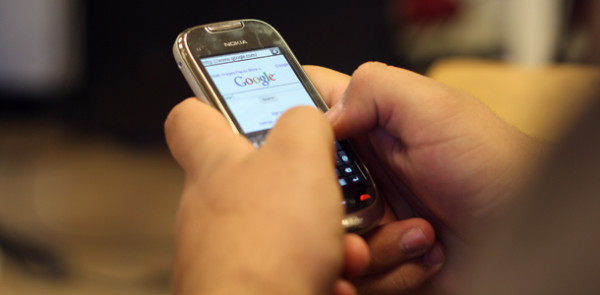
![It was definitely out of my comfort zone to get [the dress] and decide I loved it enough not to wait and risk not having something that memorable.](https://farhar.net/wp-content/uploads/2024/04/Precious_20180902_JRS_00008_ed1.jpg)
